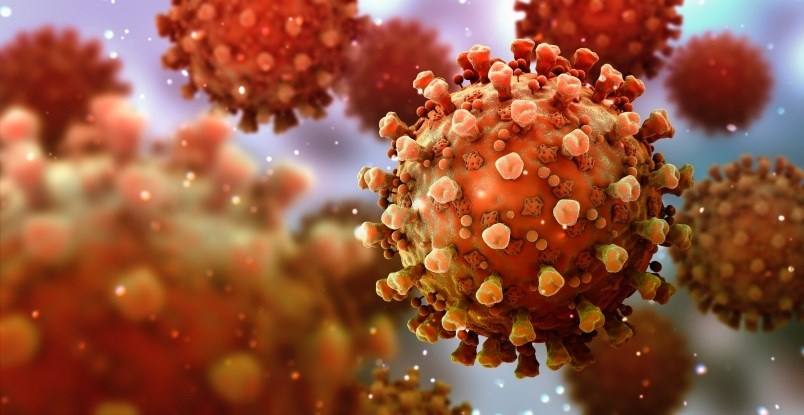Prince George Chamber of Commerce CEO Todd Corrigall welcomed the announcement on Monday that B.C. will require residents to prove their COVID-19 vaccination status to access many non-essential services like movie theatres, gyms and indoor dining at restaurants.
Starting on Sept. 13, British Columbians will have to show they have at least one dose of COVID-19 vaccine to enter indoor ticketed sporting events, concerts, theatre and dance performances; indoor and patio dining in restaurants; night clubs; casinos; movie theatres; fitness centres, gyms and indoor high-intensity group exercise activities (excluding youth recreational sports); organized indoor events like weddings, parties, conferences and meetings; and indoor group recreational classes and activities. Starting on Oct. 24, residents will be required to show proof of being fully vaccinated to access those services.
“This is a good step,” Corrigall said. “This is the equivalent of asking a diner for their name and number for tracing, or asking a table for their ID to serve them (alcohol).”
Just like the mask mandate, which Corrigall said be believes was lifted too early, the decision to impose the new rules isn’t up to the businesses’ owners or staff.
“Directing your anger towards a business or staff person is never appropriate,” he said.
On Monday, Premier John Horgan and provincial health officer Dr. Bonne Henry said full details of how residents can access their proof of vaccination record will be made available by the long weekend.
Horgan said the move means that the majority of British Columbians can continue to enjoy going to restaurants, movies and concerts - and those businesses can continue to provide those services – in a safe way.
“British Columbians are very supportive of this,” Horgan said. “That majority wants to know the people they are (socializing) with have taken the same steps to protect themselves as they have.”
B.C. is working with other provinces and the federal government to coordinate their proof of vaccination systems, he said. International travelers to Canada are already required to have proof of vaccination before entering the country and will be required to show their proof to access those services in B.C.
British Columbians will be able to access their proof of vaccination through a secure website and download it to a smart phone. Those without a smart phone will be able to obtain a hard copy by phoning a call centre. To obtain the proof of vaccination card, residents will need their name, date of birth and personal health number.
Staff will not be required to show proof of vaccination, unless the business requires them to do so, Henry said. Essential services like grocery stores and retail outlets have intentionally been left out of the orders, to allow people to continue to meet essential needs, she said.
Religious services are also not included in the order, Henry said.
There will be no exceptions for adults who cannot be vaccinated for health reasons, Henry said. But children under the age of 12, who cannot currently be vaccinated, will not be required to show proof of vaccination.
The order will be in place until Jan. 31, but could be extended if cases aren’t under control by then, she said.
The new restriction is required because of high levels of transmission among the province’s unvaccinated population, Henry said. The rate of infection among unvaccinated people in B.C. is 28 cases per 100,000 people, compared with just two cases per 100,000 among the vaccinated, she said.
Approximately 90 per cent of all new COVID-19 cases are among the unvaccinated, and 93 per cent of those hospitalized with COVID-19 are unvaccinated, she said. When vaccinated people do get COVID-19, they tend to be less sick and less contagious to other people.
Provincial health minister Adrian Dix said currently 83.2 per cent of British Columbians have received at least one dose of COVID-19 vaccine, and 74.9 per cent are fully vaccinated.
“To all those British Columbians who have stepped up, thank you,” Dix said. “In this time of the Delta variant, being unvaccinated puts you, your family and your community at risk.”



